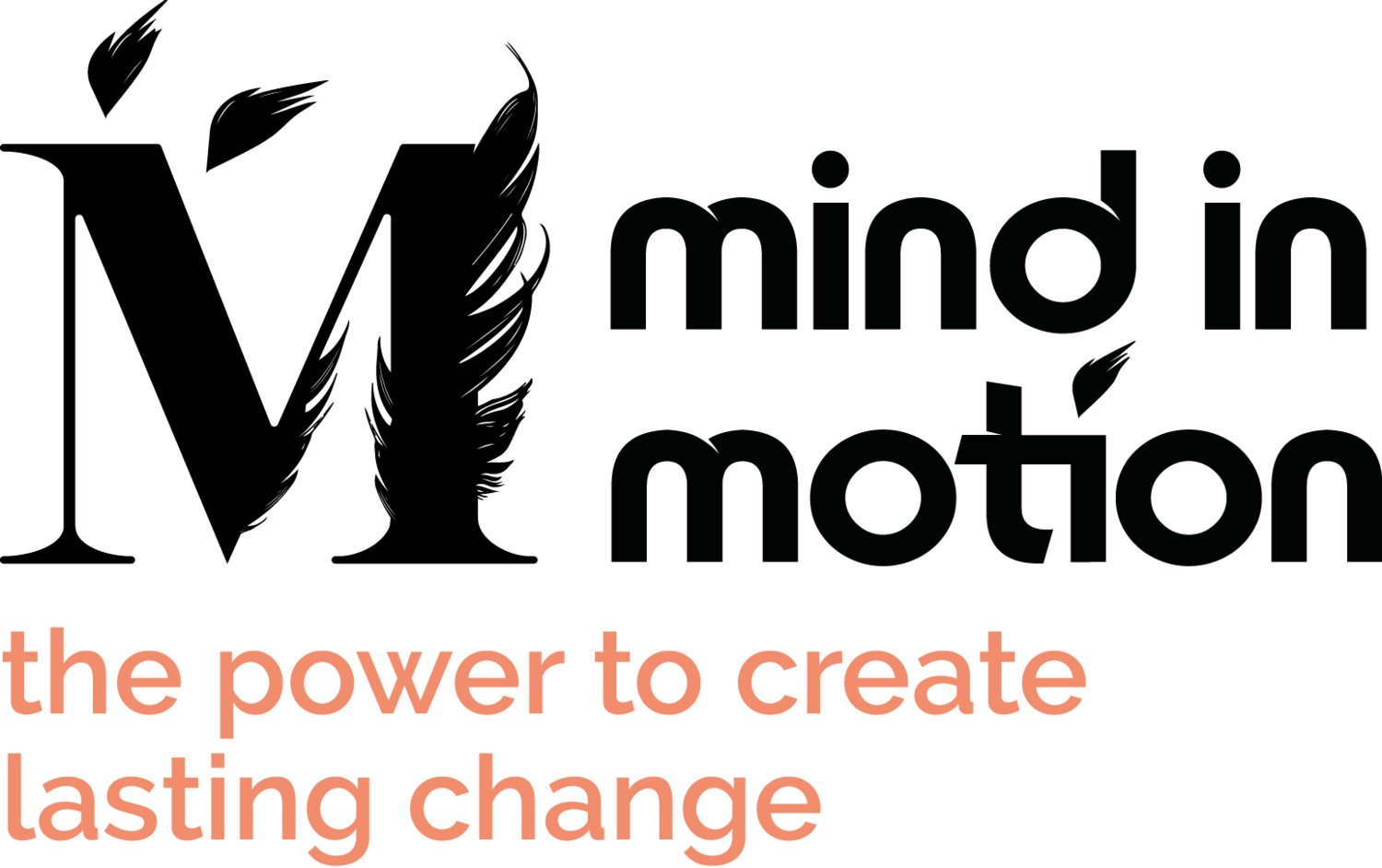Habits and addictions
What is the difference between a habit and an addiction?
A habit is a behavioural pattern which develops into frequent repetition of the action, over and over again, to the point that the brain does it without thinking. An addiction however, is a compulsive need of a specific thing or substance to the body, which when deprived, causes unpleasant and often dangerous and extremely detrimental effects.
A habit can be controlled or modified, while an addiction can’t be controlled without some form of intervention and like a rolling stone, continues on a downward path, growing stronger and stronger as the body gets used to its effects and requires a bigger ‘hit’ to make it as pleasurable or effective as it previously felt.
Additionally, a habit can be positive or negative, and don’t affect mental ability or memory. Addictions are almost universally negative, and can affect memory, mental ability and impulse control.
Habits:
Some habits begin in childhood, some in adulthood. The subconscious mind makes it so comfortable to keep doing what you do, that eventually you are not necessarily aware of doing it at all. Hence habits are so hard to break! Behaviour such as pulling out hair or eyelashes, nail biting and thumb sucking, are just a few in a long list of unwanted repetitive behaviours that people desperately want to break!
Hypnotherapy reaches the subconscious mind and replaces those ingrained habits with new, positive routines. Just 1-3 sessions, can work to eradicate these for good.
Addictions:
An addiction can occur when we find ourselves in a toxic environment. (A healthy environment will help to alleviate addiction.) Addiction may also occur after deep trauma is experienced. It can be found also in those suffering from PTSD.
An addiction is any pleasure pursued to excess
These addictions can change our mood very quickly, creating an association between the addiction and the change of mood
With addiction, there is always something else going on at a deeper level, which also needs addressing and when found, may well lessen and loosen the stranglehold and ultimately the impact and desire, of the addiction itself. It is important to consider this when examining the addiction.
Addiction is an attempt to meet a basic human need
Addictions are damaging when our basic emotional needs are not being met - (see below)
Addiction hijacks our innate need to grow and stretch our curiosity. In this case, the curiosity is never quite satiated and so, continually demands more and more feeding.
When our basic human needs are met, we can manage addictions very successfully. These basic human needs come in both physical and emotional form:
Our physical needs :
Air to breathe.
Water to nourish our thirst, our skin, cells and vital organs.
Nutritious food,
Exercise - the freedom to stimulate our senses and exercise our muscles,
Shelter - a secure place where we can grow, reproduce and raise our young .
Sufficient sleep. Without these we would soon die.
Our emotional needs:
Security - a safe place where we can grow, learn and develop
Attention - giving and receiving this in equal measures
Intimacy and Friendship
A sense of control and autonomy - choosing and making decisions that best suit our purpose
Community (being part of a group environment, maybe in the gym, as part of the church, a study group, or our work environment), allowing us to feel a sense of status and recognition.
Privacy - somewhere private where we can reflect and make sense of our experiences.
Competence and achievement, recognising how our efforts produce positivity and a sense of reward.
A sense of meaning and purpose - which stem in part from examining our lives and choices and from being stretched in what we do and how we think .
How hypnotherapy & RTT can help:
Whilst in hypnosis, the client, is far more open to suggestion for change than they are in their usual fully alert state. Under hypnosis, people can become more imaginative, more open to fantasy, and sometimes, more able to access long-forgotten, positive memories of self-esteem, inner strength and achievement. They are also able to access a greater degree of understanding and balance in this state.
This relaxed, suggestible state can help people to obtain a different perspective on their addictive behaviours. What normally would seem impossible—quitting a substance or behaviour that has become a mandatory need, can seem comfortably achievable and desirable and give the person a sense of direction and a strong will to overcome their addiction. People undergoing hypnotherapy often rediscover long lost feelings of personal strength, power and positive decision making and feel able to dissipate and ultimately dismiss these long-term behaviour patterns that were previously rigid and unchangeable. The therapy is gentle, kind and ultimately very relaxing.
Watch this utube film ‘NUGGETS’ can help you to fully understand the effects of continuing to feed the addiction.
https://www.youtube.com/watch?v=HUngLgGRJpo


